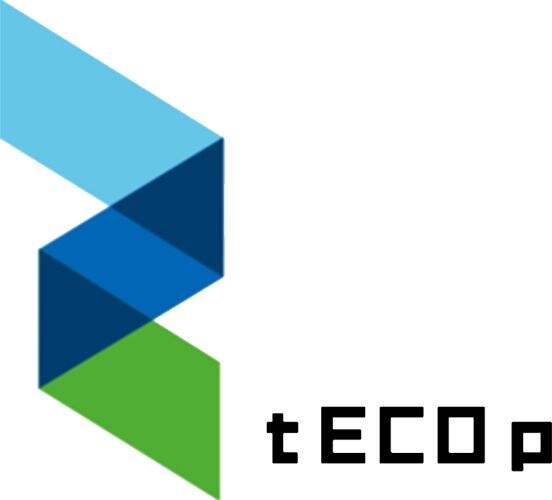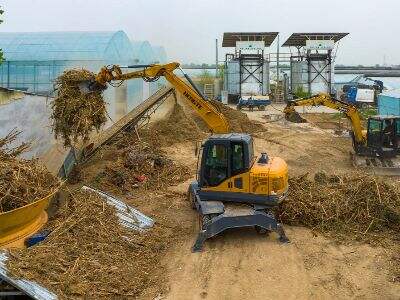In this video segment, we are going to discuss how Tplus is beautifying these soils and making them healthy with the help of green agriculture systems. We do this by using sustainable, eco-friendly farming practices, promoting diversity of both plants and animals, and practicing regenerative farming to maintain healthy soils for generations to come.
Organics and Sustainable, Healthy Soil:
A crucial aspect of green agriculture is the organic way of soil improvement. That means using methods that do not damage our planet or waste the earth's natural resources. Tplus farmers protect the soil through, among other means, crop rotation, planting cover crops, and practicing minimal tillage. If we care for our soil, we can keep it nutrient-dense for centuries.
“The ranging of numerous plant types and organic farming:
Promoting a variety of plants and organic farming is also an important aspect of green farming. Biodiversity is having different animals and plants in one place. Having different kinds of plants on a farm can create a healthy balance in nature that works for the soil. The organic fertilizer chemicals such as synthetic pesticides or fertilizers, which helps keep the soil healthy. Tplus believes utilising these methods is imperative to ensuring our soil remains nutrient-dense.
Smart Farming Techniques for Better Soil Health
Soil health is restored and improved through smart farming techniques. We can improve soil health, water retention, and nutrient content using techniques such as composting (the process of making living fertilizer), mulching (the covering placed on the soil), and growing different crops in association with each other (agroforestry). Join us as Tplus farmers, are using these smart techniques to keep our soil as healthy as possible. These agricultural environmental strategies help combat climate change, too, by trapping carbon in the soil.
How to Heal the Soil by Partnering With Nature?
The Woodland Trust led on the project and worked in collaboration with the British Trust for Ornithology, Buglife, the Plantlife, the Forestry Commission and the Met Office to develop this guide for the tree planting initiative, which covers: Tplus Farmers co-exists with nature to build a balanced friendly farming system. Decomposing (rotting) breaks down organic matter into simple compounds that feed soil microbes, help with nutrient recycling and build diversity in plants, all important for soil health without the use of toxic elements. By working with environmental protection, we can maintain the health and productivity of our soil for years to come.
A circular system running on waste for sustainable and environmental friendly farming :
Tplus is developing an ecosystem model that conserves resources and minimizes waste to ensure that our farming is sustainable. This also involves using things in a way that allows them grow back rather than whittle away. An environmentally-friendly agriculture system can be achieved by recycling organic matter, employing clean energy and consuming less water. This will create a circular system of nutrients that enriches and revitalizes our soil and future agricultural systems.
Finally, Tplus is committed to restoring soil health through green farming systems. We need to keep the soil healthy and productive by improving the quality of soil, enhancing biodiversity, using smart farming techniques, cooperating with nature, and creating a circular system. We want to create an eco-friendly farm system, people and for planet, so together we can do this.

 EN
EN
 FR
FR
 DE
DE
 IT
IT
 AR
AR
 HR
HR
 DA
DA
 NL
NL
 FI
FI
 HI
HI
 JA
JA
 KO
KO
 PT
PT
 RU
RU
 ES
ES
 SV
SV
 TL
TL
 IW
IW
 ID
ID
 SR
SR
 UK
UK
 VI
VI
 HU
HU
 TH
TH
 TR
TR
 FA
FA
 AF
AF
 MS
MS
 GA
GA
 CY
CY
 AZ
AZ
 BN
BN
 KM
KM
 LO
LO
 LA
LA
 MR
MR
 NE
NE
 MY
MY
 KK
KK
 UZ
UZ
